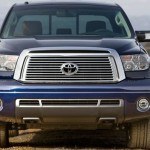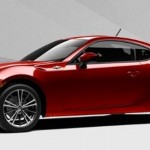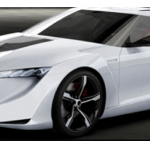In our honest view, the answer is often no. Over time, several German automakers seem to have lost their edge, relying more on nostalgia than innovation. Once upon a time, during the 1960s and '70s, Germany was renowned for producing reliable, sturdy vehicles. Back then, even brands like Volkswagen were praised by consumer watchdogs like Consumer Reports. This golden era gave German cars an almost mythical status that has persisted to this day—despite changing realities. Let’s take a closer look at the current state of affairs: These factors suggest that German-engineered cars may not be worth the hype. Instead of chasing after expensive imports, consider opting for a Toyota—or better yet, a Lexus if you're seeking luxury. Both offer excellent value, reliability, and innovation without breaking the bank. So next time you're shopping for a new ride, think twice before getting swept up in the allure of German engineering. Sometimes, the best choice is right under your nose—and it might just be Japanese. Auto Parts, Custom Auto Parts,CNC Machine Auto Spare Parts Ningbo Jiongke Technology Co., Ltd , https://www.processingmfg.com For many Americans, there's an undeniable allure to German-engineered cars. Brands like BMW, Mercedes-Benz, Porsche, and Audi are celebrated for their sleek designs and engineering excellence. However, beneath the glitz of premium branding and expensive advertisements, do these vehicles truly deliver on their lofty reputations?
For many Americans, there's an undeniable allure to German-engineered cars. Brands like BMW, Mercedes-Benz, Porsche, and Audi are celebrated for their sleek designs and engineering excellence. However, beneath the glitz of premium branding and expensive advertisements, do these vehicles truly deliver on their lofty reputations?
Related Posts
 Toyota Trying To Attract Younger Drivers To Lexus With New Image
Toyota Trying To Attract Younger Drivers To Lexus With New Image  How To Suck At Buying A New Car
How To Suck At Buying A New Car  Lexus Unveils *Officially* The GS 350
Lexus Unveils *Officially* The GS 350  Our Favorite 2013 Toyota Models
Our Favorite 2013 Toyota Models  Why Toyota Supra Fans Will Love The Scion FR-S
Why Toyota Supra Fans Will Love The Scion FR-S  Toyota Concept Cars We Would Like To See In Production
Toyota Concept Cars We Would Like To See In Production